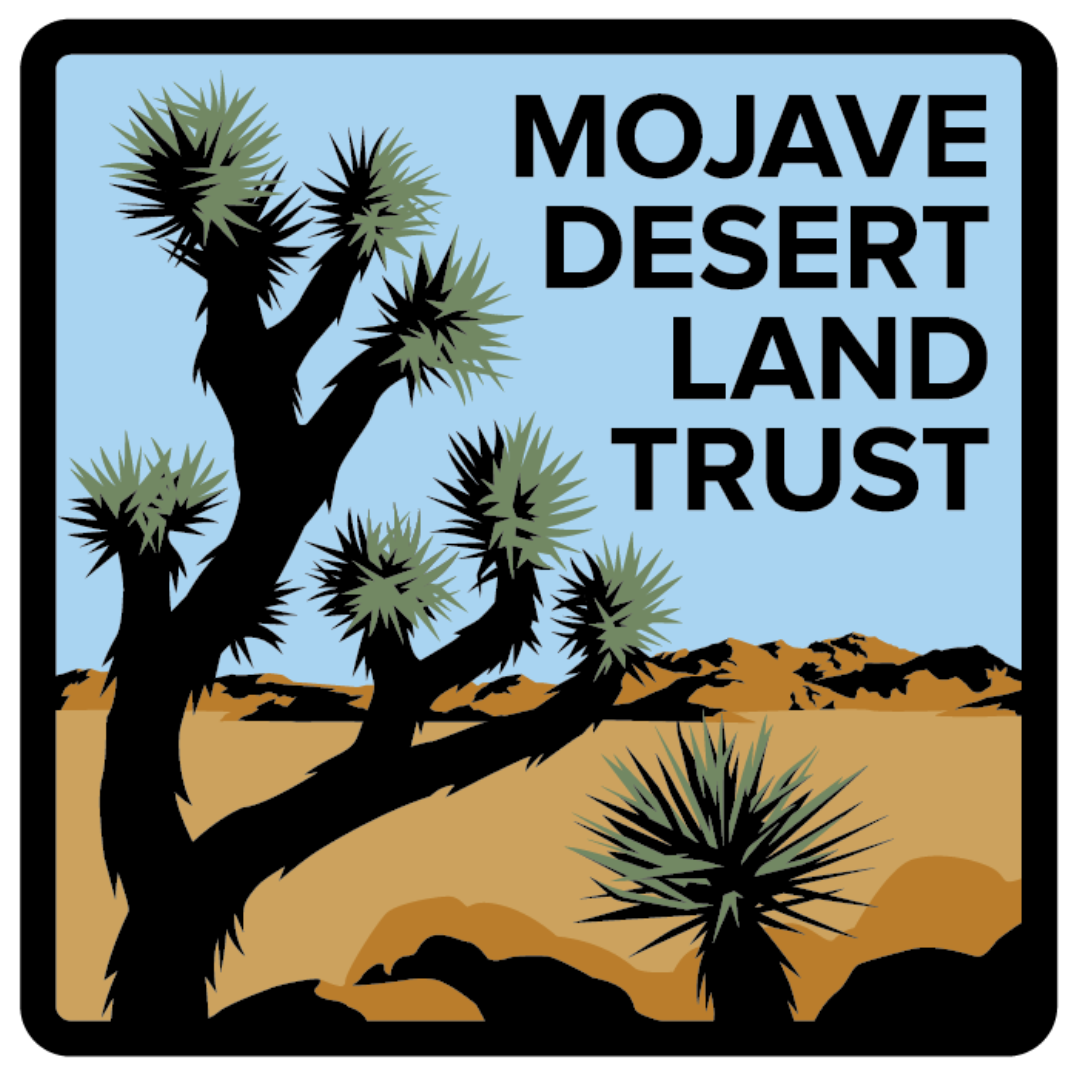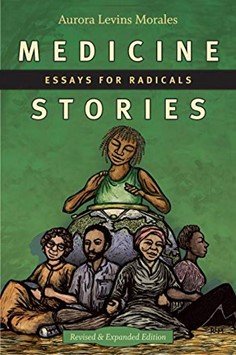Latino Conservation Week: Essential reading list
MOJAVE DESERT LAND TRUST BOOK CLUB
Celebrating Latino voices in environmental literature
Latino Conservation Week celebrates the connections of the Latino community with their passion for the outdoors, both for preservation and enjoyment. We have published a list of suggested reading in recognition of LCW, compiled by MDLT staff and our near and dear partners in conservation and outreach from our desert communities. We hope that it inspires you to read and learn more about the world around us from our community of Latino voices.
Climate Change from the Streets: How Conflict and Collaboration Strengthen the Environmental Justice Movement by Michael Méndez
Mendez offers a holistic overview of the intersections of California’s contemporary climate justice and environmental justice movements. Weaving local BIPOC community-led initiatives, state-level policy debates and organizational strategies, Mendez compiles a comprehensive examination of victories, challenges, and visions for future environmental justice work. It is a must-read book for anyone looking to understand the milestones of California’s climate justice and environmental justice movements from the lens of a Latinx scholar.
— Demi Espinoza, California Desert Program Manager, National Parks Conservation Association
In this book, Mendez explains how both environmental protection and improving public health are inextricably linked. He argues that in order to effectively and genuinely address the global complexities of climate change, we must incorporate local knowledge, culture, and history into policymaking. I really enjoyed this book because I appreciated the cultural, historical, and political context of climate change issues we hear so much about, but can struggle to connect or relate to.
— Maryana Carreon, Latino Conservation Week Ambassador, Hispanic Access Foundation
The Nature of Nature: Why We Need the Wild by Enric Sala
Enric Sala wants to change the world — and in this compelling book, he shows us how. Once we appreciate how nature works, he asserts, we will understand why conservation is economically wise and essential to our survival. Sala, director of National Geographic’s Pristine Seas project (which has protected more than 5 million square kilometers of ocean), tells the story of his scientific awakening and his transition from academia to activism — as he puts it, he was tired of writing the obituary of the ocean. Using fascinating examples from his expeditions and those of other scientists, Sala shows the economic wisdom of making room for nature, even as the population becomes more urbanized.
— Sendy Barrows, Conservation Program Manager, Consejo de Federaciones Mexicanas
Separate is Never Equal: Sylvia Mendez and Her Family’s Fight for Desegregation by Duncan Tonatiuh
Several years before Brown v. Board of Education, the Mendez family fought for racial desegregation in California schools. In his beautifully illustrated book, Duncan Tonatiuh chronicles the true story of the Mendez family and others in the fight for school equality, culminating with the 1945 passage of California laws ending segregation in education. Tonatiuh’s book has received several awards for both his words and illustrations. His book reminds us of why perseverance is critical. Disponible en Español.
— Michael Mora, Director of Outreach and Public Engagement, Mojave Desert Land Trust
Journey to Ixtlan: The Lessons of Don Juan by Carlos Castaneda
This is arguably a work of fiction. Whether you believe the author is stating from his real-world experiences or some other recollection, this book and its series, (the lessons of Don Juan) changed my life and perception of life for the better. The passages describe a way of being and communion with the universe and nature; the backdrop is the Sonoran Desert. Anthropological viewpoints provide a good sense for desert life and the work of shamans/curanderos.
— Moises Cisneros, Associate Organizer, Sierra Club
Medicine Stories: Essays for Radicals by Aurora Levins Morales
Morales is a Queer Puerto Rican Disabled Jewish Woman who writes about essays and poetry on climate justice, disability justice, and environmental justice. In this brilliant essay collection centered on liberation and ecofeminism, my favorite quote from the book reads, “every struggle is an ecological struggle…If we understand ourselves as a part of a living ecosystem continually being shaped by us and shaping us, then everything we do has ecological implications, and every attempt to mend or protect our ecosystem is inevitably rooted in questions of social justice”. You can read her poetry on her Patreon page here.
— Demi Espinoza, California Desert Program Manager, National Parks Conservation Association
Who Killed Berta Cáceres by Nina Lakhani
A Honduran Indigenous leader, Environmental Activist, and Human Rights defender, Berta Cáceres, is an important and leading figure in the Environmental Justice Movement. In this book, Guardian journalist Nina Lakhani threads together the political context in Honduras, Berta’s life and campaigning, and the aftermath of her death and investigation. I chose this because as environmentalists, conservationists, preservationists, etc., we have a lot to learn from Indigenous people’s fight for the environment.
— Maryana Carreon, Latino Conservation Week Ambassador, Hispanic Access Foundation
The House on Mango Street by Sandra Cisneros
Told in a series of vignettes, The House on Mango Street is the remarkable story of Esperanza Cordero. Sometimes heartbreaking, sometimes deeply joyous, this is the story of a young Latina girl growing up in Chicago, inventing for herself who and what she will become. It is the perfect book for young people in the middle school age range. Disponible en Español.
— Sendy Barrows, Conservation Program Manager, Consejo de Federaciones Mexicanas
We encourage you to support your favorite independently owned local bookshop, but that might not be an option for some of the more obscure titles.
You may also be able to check some of these out from your local library:
San Bernardino County Library- http://www.sbclib.org/
Riverside County Library- https://rivlib.info/riverside-county-library-system/
Los Angeles County Library- https://lacountylibrary.org/







